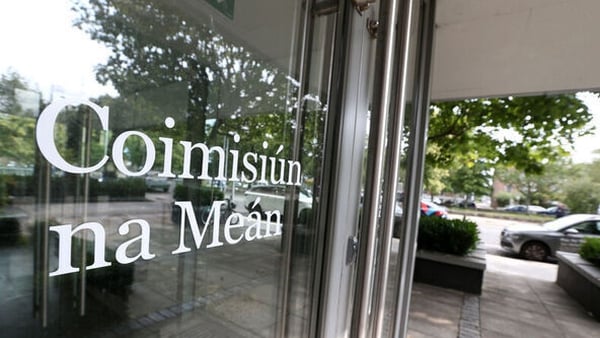The Central Bank's Deputy Governor Sharon Donnery has highlighted the need to remain vigilant of the risks of high inflation.
Ms Donnery made the remarks while delivering the annual NERI Dónal Nevin Lecture on the theme of inflation and labour market dynamics.
"It is vital that central banks remain vigilant around the risks of high inflation, as people's personal expectations of inflation can become entrenched, and that in itself influences inflation," Ms Donnery said.
"For example, if higher inflation is expected to persist, then workers will naturally demand higher wages, and employers may in turn raise their own prices," she explained.
"If this were to happen, it would make it much harder to sustainably achieve our 2% inflation target over the medium term," she said.
"This is one of the reasons central banks are raising their main policy rates now," she added.
Ms Donnery said that this does not mean they do not expect wages to adjust to high rates of inflation, so-called "second round" effects, but rather they want to avoid a situation whereby third and fourth round effects contribute to self-perpetuating wage-price dynamics.
Ms Donnery said that the labour market had rebounded strongly from the Covid pandemic and, as a result, is placing upward pressure on wages.
Responding to the address, the President of the Irish Congress of Trade Unions Kevin Callinan said that protecting incomes from rising prices is the "bread and butter" of any trade unionist and that they will never apologise for it.
"However, we also understand that when inflation reaches extreme levels, attempting to outrun it can be a fool's errand," Mr Callinan said.
"We understand the necessity to stabilise the price level and to assert control over inflation. Protecting the incomes of our members and seeking stability for our economy are not mutually exclusive goals but achieving them together requires a delicate balance," he added.






